‘Islas Malvinas’ and the new battle over the Falklands
Argentina scores ‘major diplomatic win’ as EU refers to British territory by its disputed name
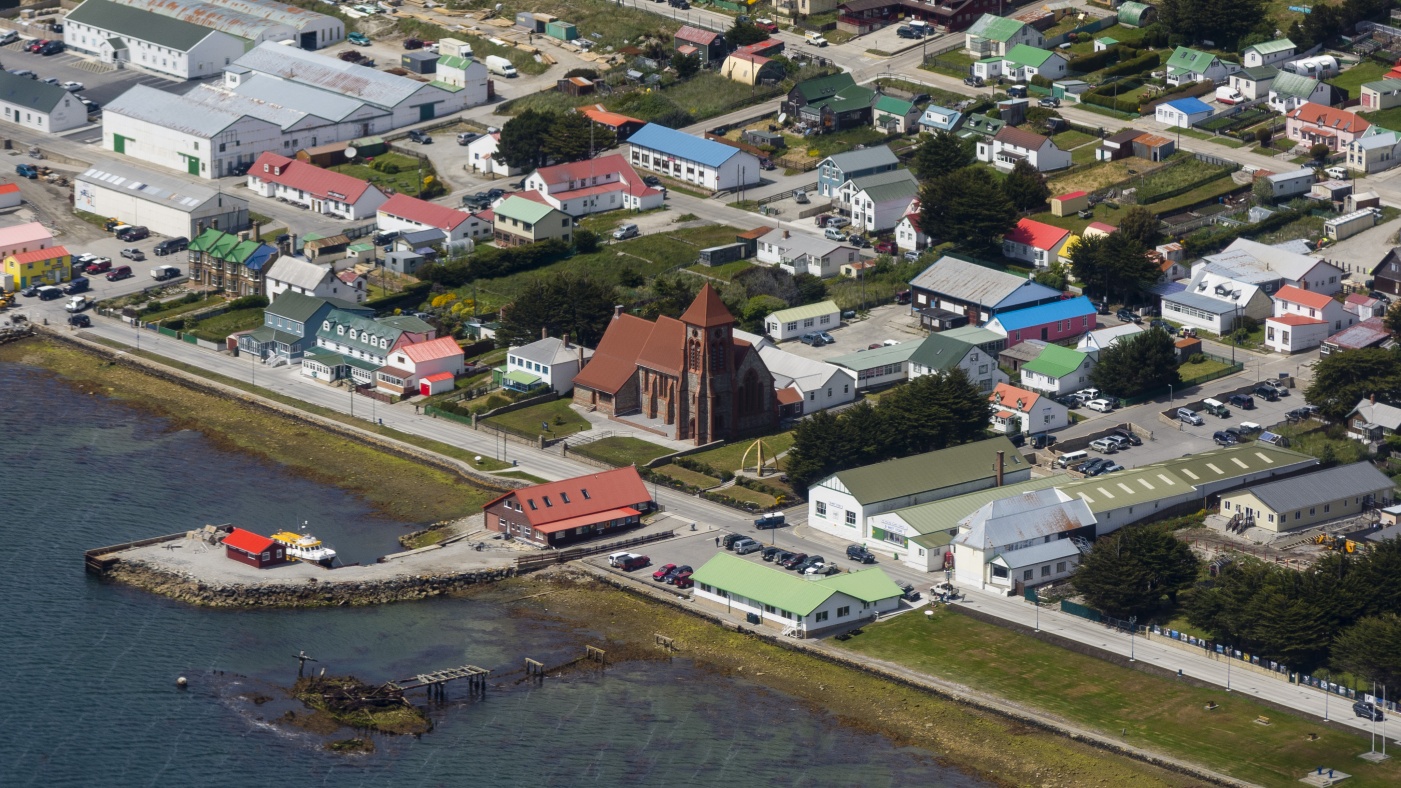
A free daily email with the biggest news stories of the day – and the best features from TheWeek.com
You are now subscribed
Your newsletter sign-up was successful
Rishi Sunak has criticised the European Union for a “regrettable choice of words” after it appeared to endorse the Argentine name for the Falkland Islands, “Islas Malvinas”.
A diplomatic row broke out after the EU referred to the Falkland Islands, a British overseas territory, as Islas Malvinas in a communiqué signed in Brussels this week by 60 EU and Latin American nations.
The incident occurred at the EU’s first summit with the Community of Latin American and Caribbean States (CELAC) since Britain left the EU in 2020. The declaration read: “Regarding the question of sovereignty over the Islas Malvinas/Falkland Islands, the European Union took note of Celac’s historical position based on the importance of dialogue and respect for international law in the peaceful solution of disputes.”
The Week
Escape your echo chamber. Get the facts behind the news, plus analysis from multiple perspectives.

Sign up for The Week's Free Newsletters
From our morning news briefing to a weekly Good News Newsletter, get the best of The Week delivered directly to your inbox.
From our morning news briefing to a weekly Good News Newsletter, get the best of The Week delivered directly to your inbox.
While a member of the EU, the UK would once have been able to “veto language it did not agree with”, noted Politico. But thanks to Britain’s “self-enforced absence”, Argentine negotiators “moved swiftly to insert their own name for the islands into the joint declaration”, scoring what it saw as a “major diplomatic win”, said the news site.
The Argentine government hailed the text as “evidence of European support for their disputed claim” to the islands over which Britain and Argentina went to war in 1982, said The Times. But the “posturing” of the Argentine government “irritated both London and Brussels”, forcing the European Commission to issue a statement denying that the bloc’s official position on the sovereignty of the islands had changed.
“There is not any council discussion on this matter,” said the statement. “The EU does not take any position on such issues without a council mandate.”
This “one-sided dispute” is likely to continue “for as long as Argentinian governments want to distract their people from their own incompetence”, said Ben Sixsmith in The Critic. That was the case when dictator Leopoldo Galtieri ordered the invasion of the Falklands in 1982, “hoping people would forget inflation and the Dirty War”, and it is still the case “when modern leaders look for something other than sky-high prices for their voters to talk about”.
A free daily email with the biggest news stories of the day – and the best features from TheWeek.com
With the world’s third highest inflation rate, it is no wonder the Argentine government wants to “distract” its electorate. But that “doesn’t make it right”. Of course, “pointless aggression” between the UK and Argentina is the last thing anyone wants, continued Sixsmith. There is “one way to avoid diplomatic disagreement and it is the Argentinian government finding a new topic of conversation”.
The people of the Falklands have overwhelmingly expressed their desire to remain British. The “thumping” outcome of the 2013 referendum was that 99.8% of the island’s population wished to remain British, said A.S.H. Smyth in The Spectator. It is a dispute which has been “definitively settled”, said Smyth.
In any case, islanders in the Falklands have been largely unconcerned by the communiqué and the ensuing row: its community board could “almost not even bestir itself to react”, said Smyth. Instead, it busied itself with “complaints over a dysfunctional car wash, the major hotel restaurant being closed this Saturday, a lecture on peat” and “the availability of pizza at curry night” among other posts. As Teslyn Barkman, the deputy chairman of the Legislative Assembly, put it: “This news from Brussels changes nothing.”
Such a communiqué would have been “inconceivable” if Britain remained a member of the EU, said The Times’ policy editor, Oliver Wright. “And that is sort of the point,” he said. By agreeing to the declaration – the document was signed by the presidents of both the European Council and European Commission – despite protestations from British officials, the EU demonstrated “that the UK cannot expect to have the influence in Europe that it once did”.
This has ramifications for both this government and a potential Labour administration. Labour has made it clear that it will not reverse Brexit, but EU officials say Labour cannot expect special treatment “simply because they are not the Tories”, said Wright. Ultimately, Keir Starmer will have to follow more European rules if he wants increased access to European markets and influence.
Sorcha Bradley is a writer at The Week and a regular on “The Week Unwrapped” podcast. She worked at The Week magazine for a year and a half before taking up her current role with the digital team, where she mostly covers UK current affairs and politics. Before joining The Week, Sorcha worked at slow-news start-up Tortoise Media. She has also written for Sky News, The Sunday Times, the London Evening Standard and Grazia magazine, among other publications. She has a master’s in newspaper journalism from City, University of London, where she specialised in political journalism.
-
 El Paso airspace closure tied to FAA-Pentagon standoff
El Paso airspace closure tied to FAA-Pentagon standoffSpeed Read The closure in the Texas border city stemmed from disagreements between the Federal Aviation Administration and Pentagon officials over drone-related tests
-
 Political cartoons for February 12
Political cartoons for February 12Cartoons Thursday's political cartoons include a Pam Bondi performance, Ghislaine Maxwell on tour, and ICE detention facilities
-
 Arcadia: Tom Stoppard’s ‘masterpiece’ makes a ‘triumphant’ return
Arcadia: Tom Stoppard’s ‘masterpiece’ makes a ‘triumphant’ returnThe Week Recommends Carrie Cracknell’s revival at the Old Vic ‘grips like a thriller’
-
 Bully XL dogs: should they be banned?
Bully XL dogs: should they be banned?Talking Point Goverment under pressure to prohibit breed blamed for series of fatal attacks
-
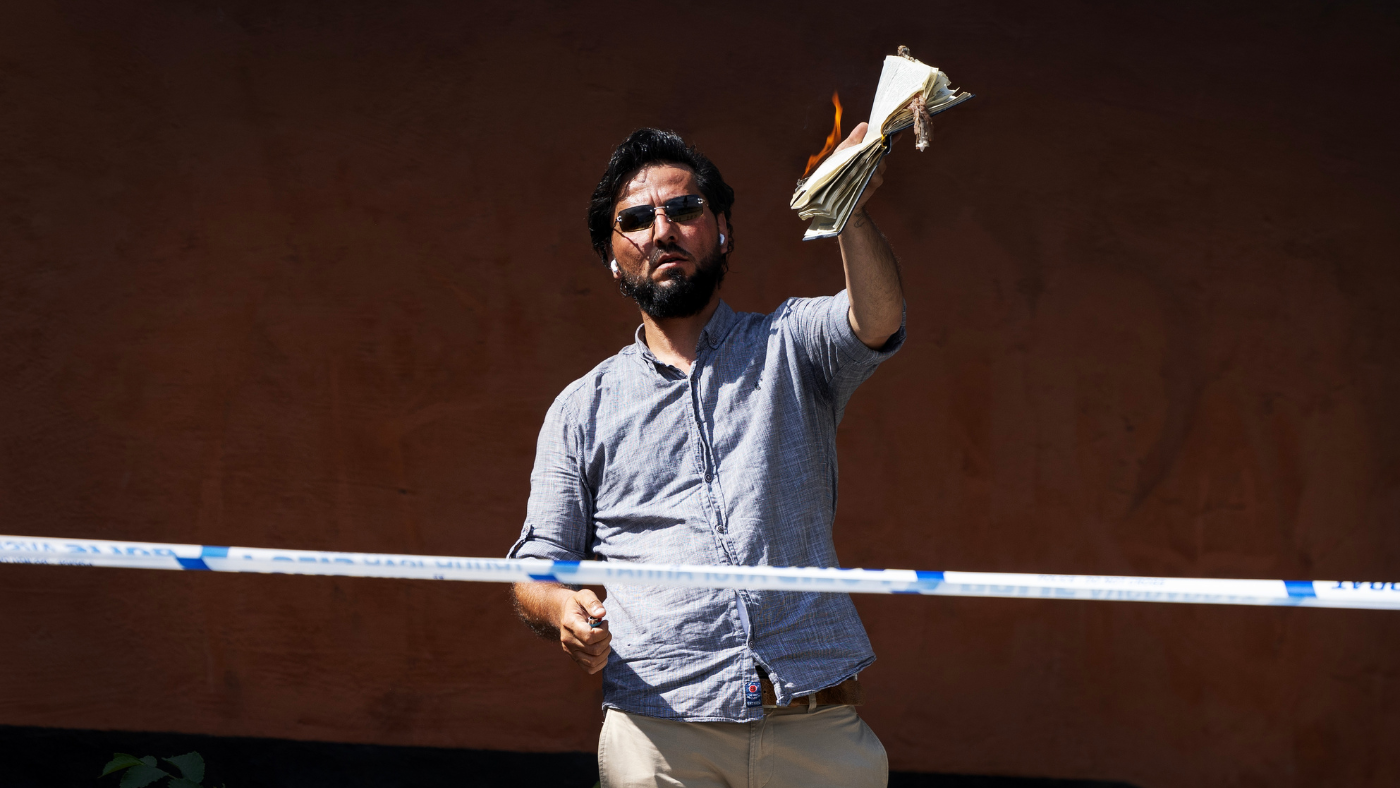 Koran burning in Scandinavia: freedom of expression’s ultimate test?
Koran burning in Scandinavia: freedom of expression’s ultimate test?Talking Point Anti-Islam demonstrations have sparked condemnation and raised constitutional challenges for Sweden and Denmark
-
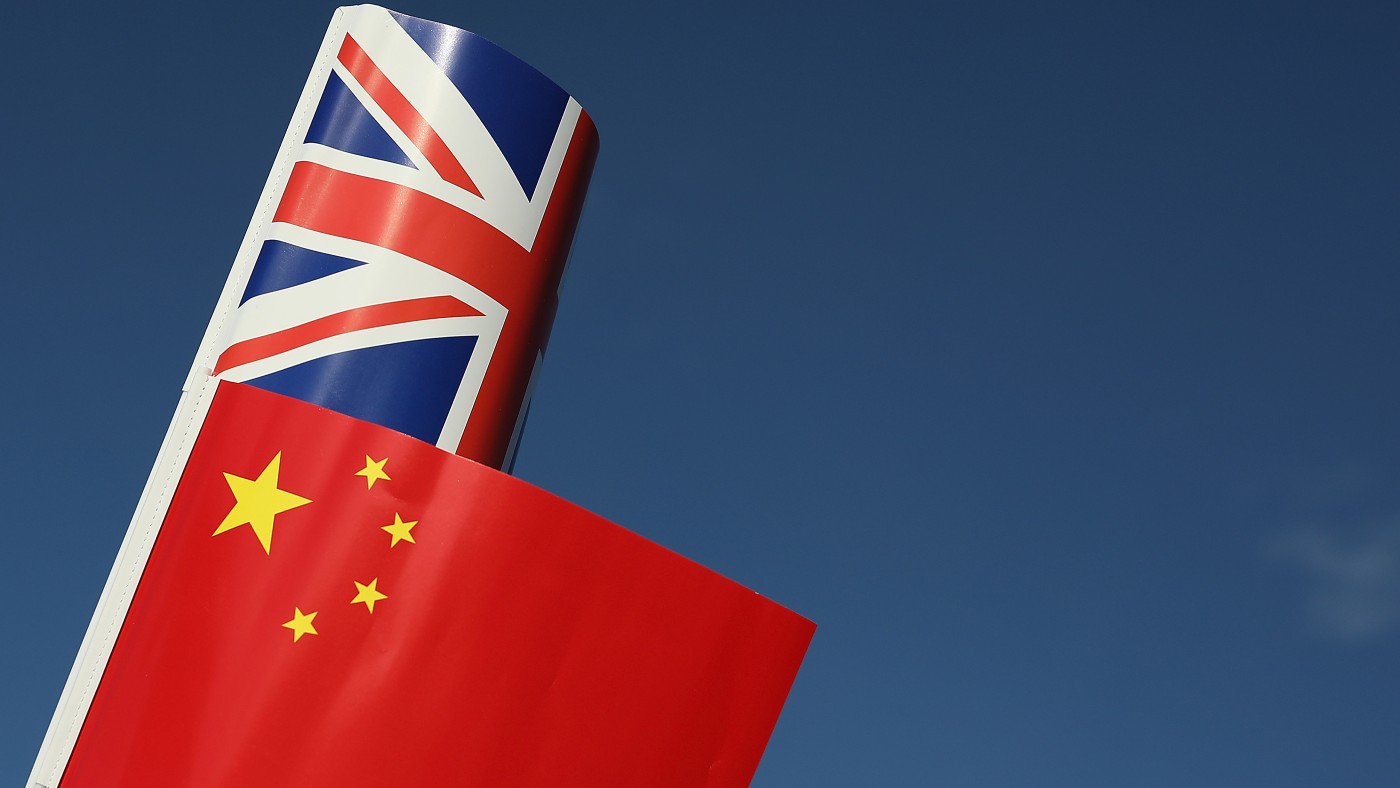 China’s ‘breathtaking’ infiltration of UK economy: an existential threat?
China’s ‘breathtaking’ infiltration of UK economy: an existential threat?Talking Point New report suggests Beijing is exerting political and economic influence on Westminster
-
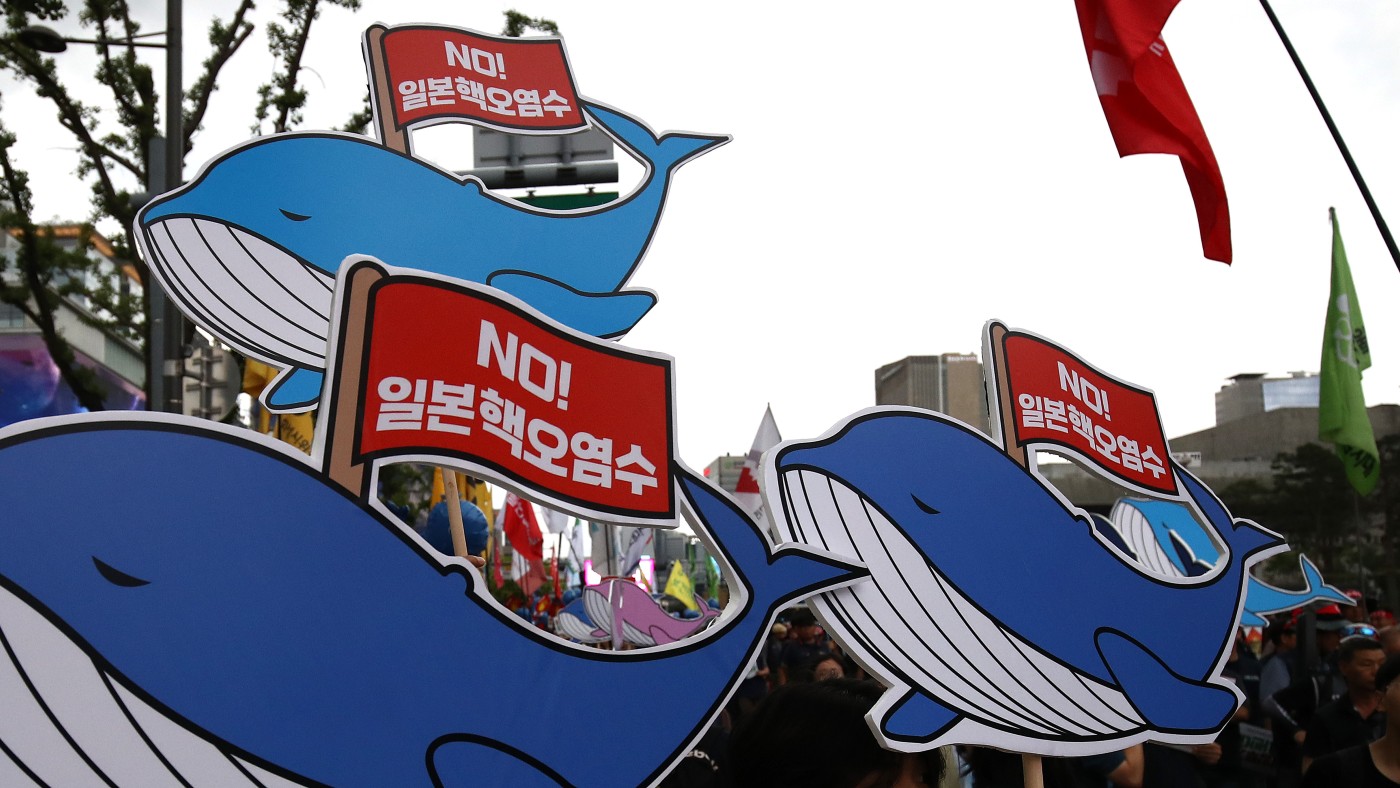 The Fukushima solution causing consternation in China
The Fukushima solution causing consternation in ChinaTalking Point Tokyo insists the water is no different to that regularly released by nuclear plants elsewhere
-
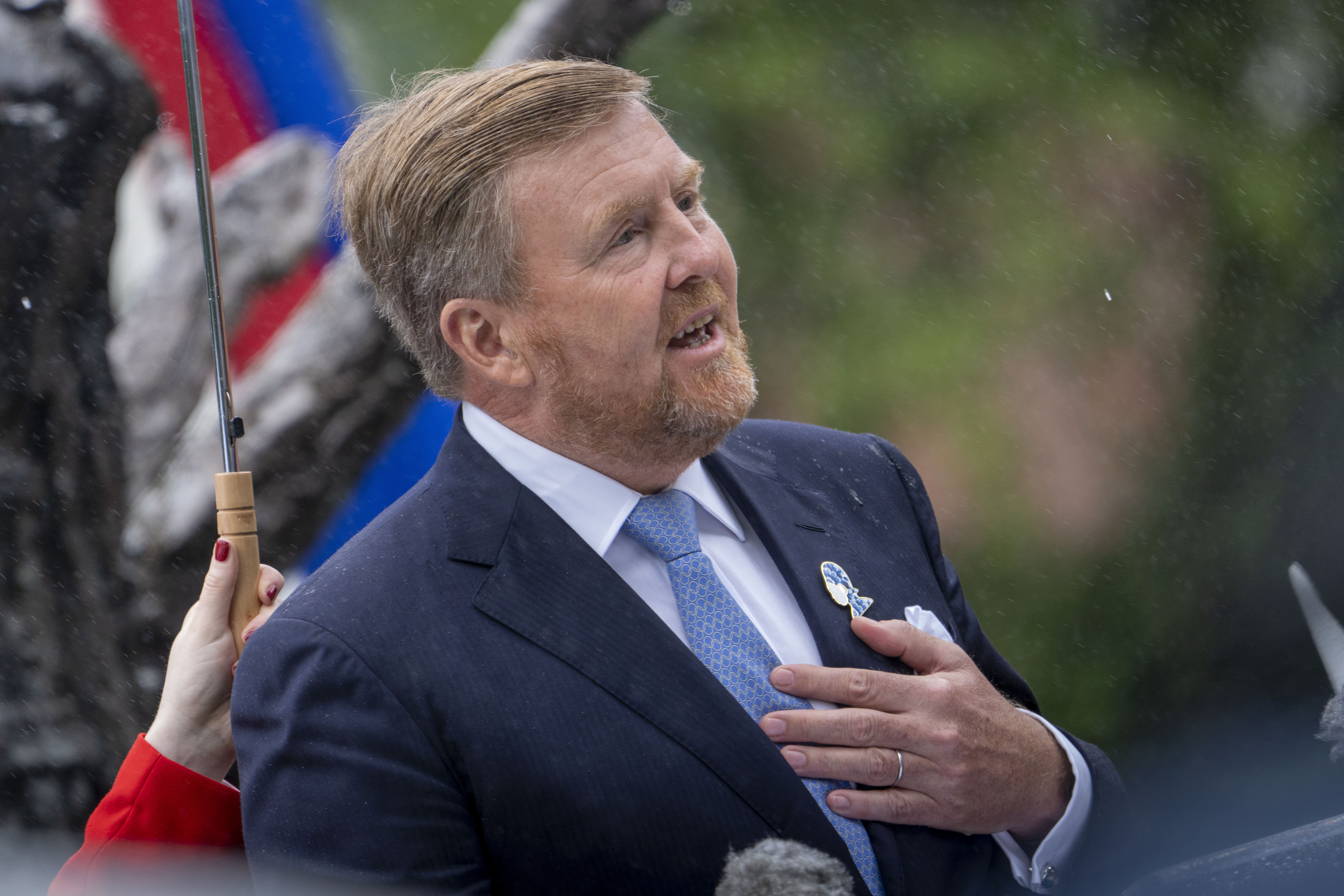 Dutch king apologizes for country's role in slave trade
Dutch king apologizes for country's role in slave tradeSpeed Read
-
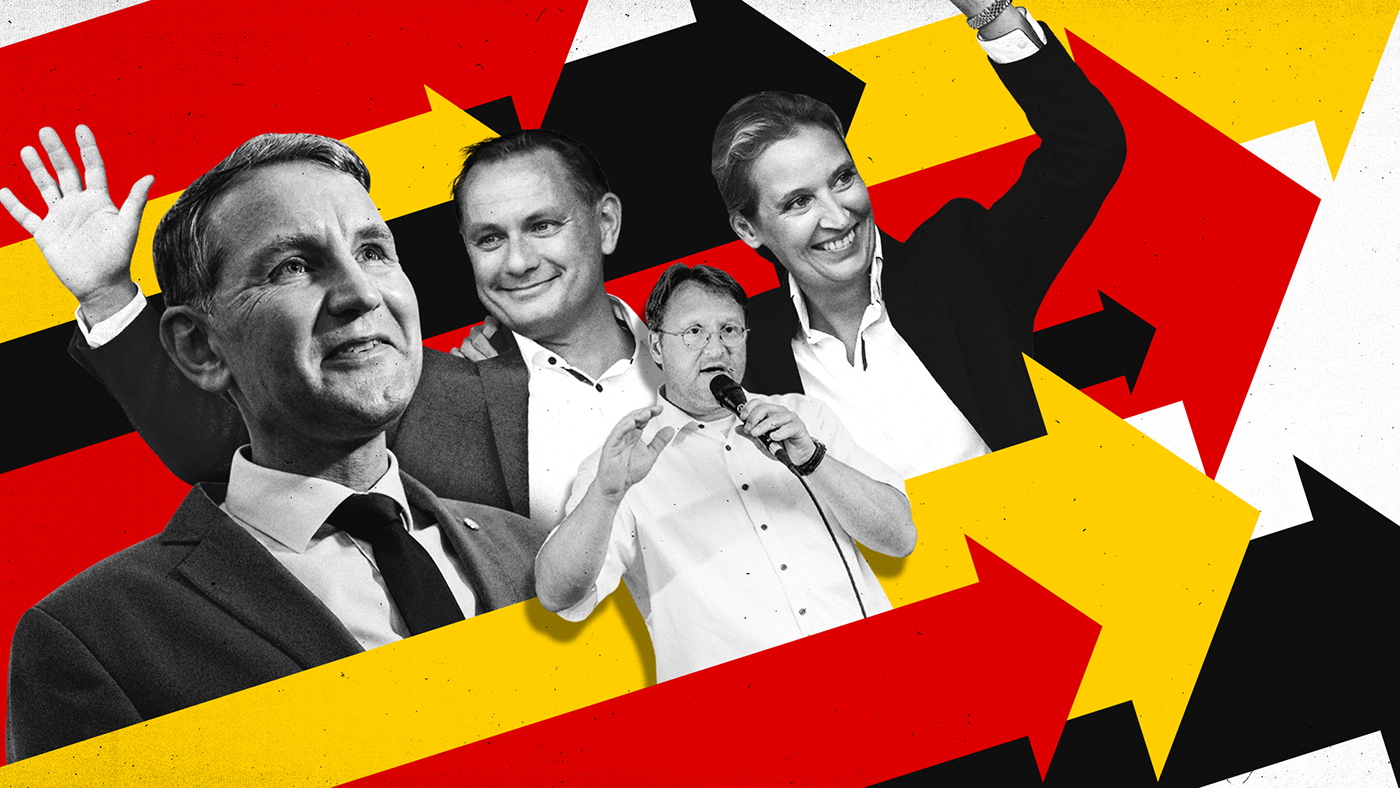 AfD local election win: watershed moment for far-right in Germany?
AfD local election win: watershed moment for far-right in Germany?Talking Point Discontent over immigration and Berlin’s green policies appears to have fuelled support for populist party
-
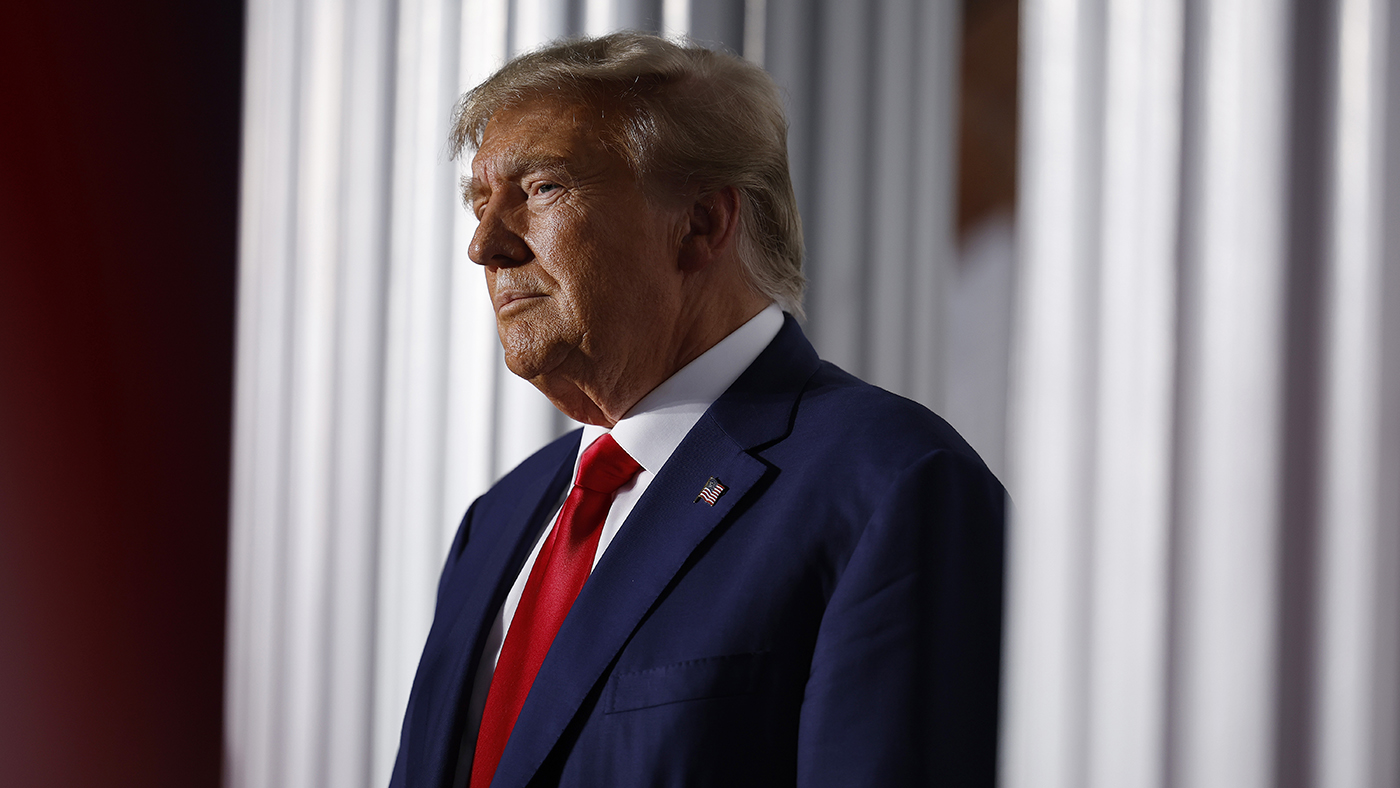 Donald Trump in the dock: a fraught moment for US democracy
Donald Trump in the dock: a fraught moment for US democracyTalking Point There is speculation that former president could end up running his 2024 election campaign from behind bars
-
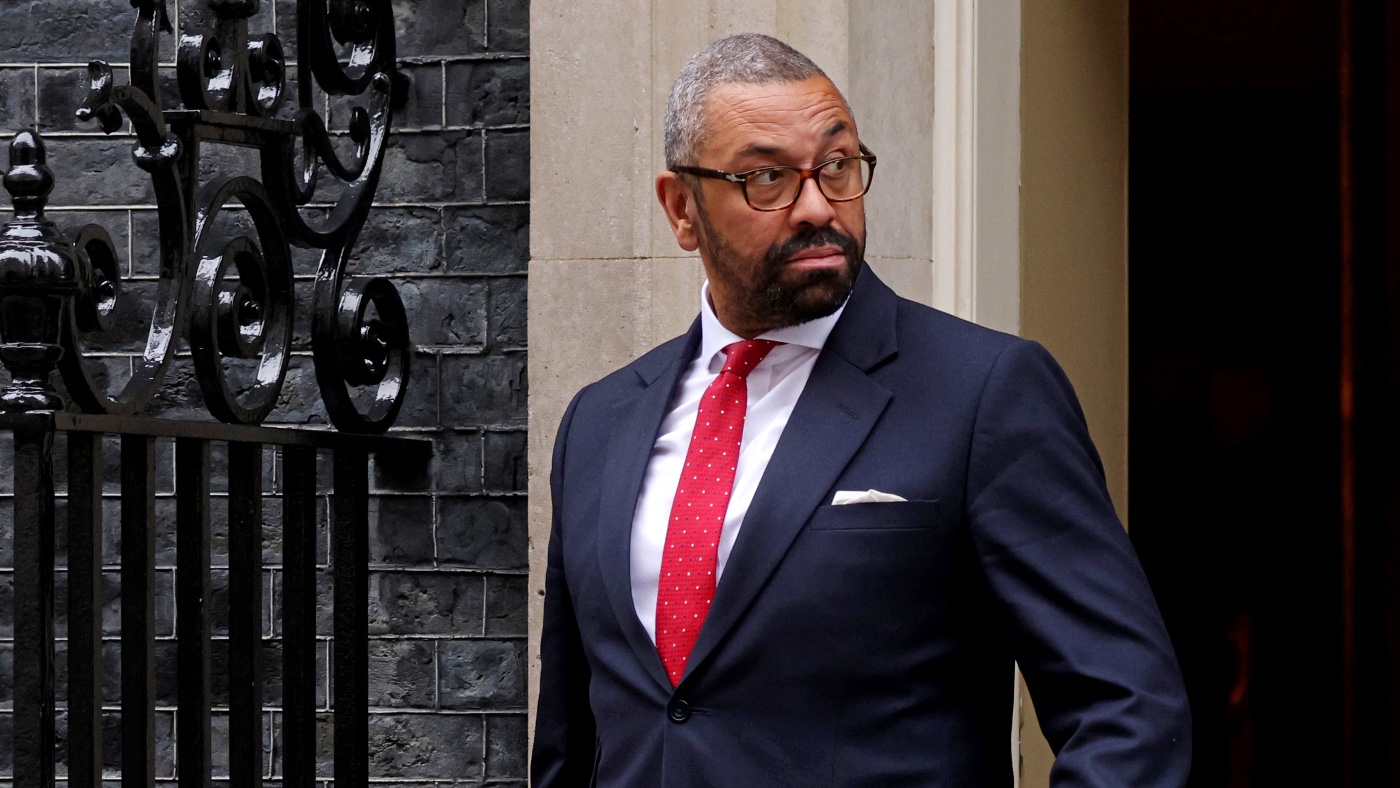 China: the new rules of engagement for Britain
China: the new rules of engagement for BritainTalking Point Foreign Secretary James Cleverly has rejected claims UK should limit Chinese cooperation and dependence